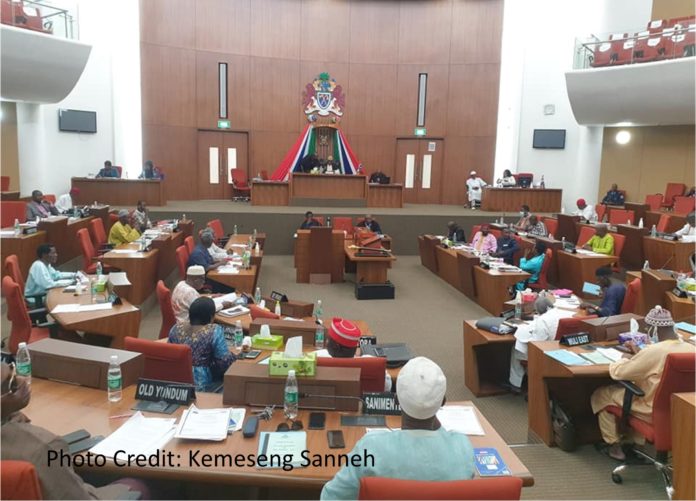The conclusion of National Assembly sitting is accompanied by debate. Standing Order 13 of the National Assembly states that “on the completion of the business at the last sitting of each session, the Majority leader, or Minority Leader, or in their absence, either of their deputy or in the absence of all , any other member , shall move the motion for the adjournment of the Assembly sine-die.”
Once the motion is introduced the members have the right to speak about the problems of the country for the Vice President and Ministers to respond. Standing order 54 states that “During the debate on the motion on the adjournment of the session no member shall speak for more than fifteen minutes except that the speaker may at his or her discretion allow the mover of the motion extra time for his or her reply.”
Fifteen minutes appear to be very small for a member to explain all the problems of his or her constituency in particular and the nation at large since they are National Assembly members.
To the surprise of many in both the third and fourth Ordinary sessions the National Assembly members voted and the majority supported to adjourn without debate. One could sense the frustration of those who wanted to express their views. Something must be terribly wrong with the National Assembly if the minority who had the wish to express their views is denied their right by a majority that preferred to keep quiet when they are elected to be the voice of the people.
Section 113 of the Constitution states that
“There shall be freedom of speech and debate in the National Assembly and that freedom shall not be impeached or questioned in any court or place outside the National Assembly.”
The Quorum at the Assembly after the commencement of a sitting is one quarter of the members. No adjournment debate should be blocked as long as there is a quorum. Those who have nothing to say should leave others who have something to say to stay and speak to the electorate and those who are to solve their problems. Majority decision that promotes dereliction of duty is tyranny and not democracy. The National Assembly members should rethink whether it is in line with the National interest to leave the chambers without discussing the problems of the people and nation at the right place and the right time. Why would anybody wish to be a National Assembly member if one is not willing to use any opportunity to speak on behalf of the people? It is a question for every National Assembly member to answer. In doing so, we do not expect any of them to deprive themselves of that opportunity in the future.

















